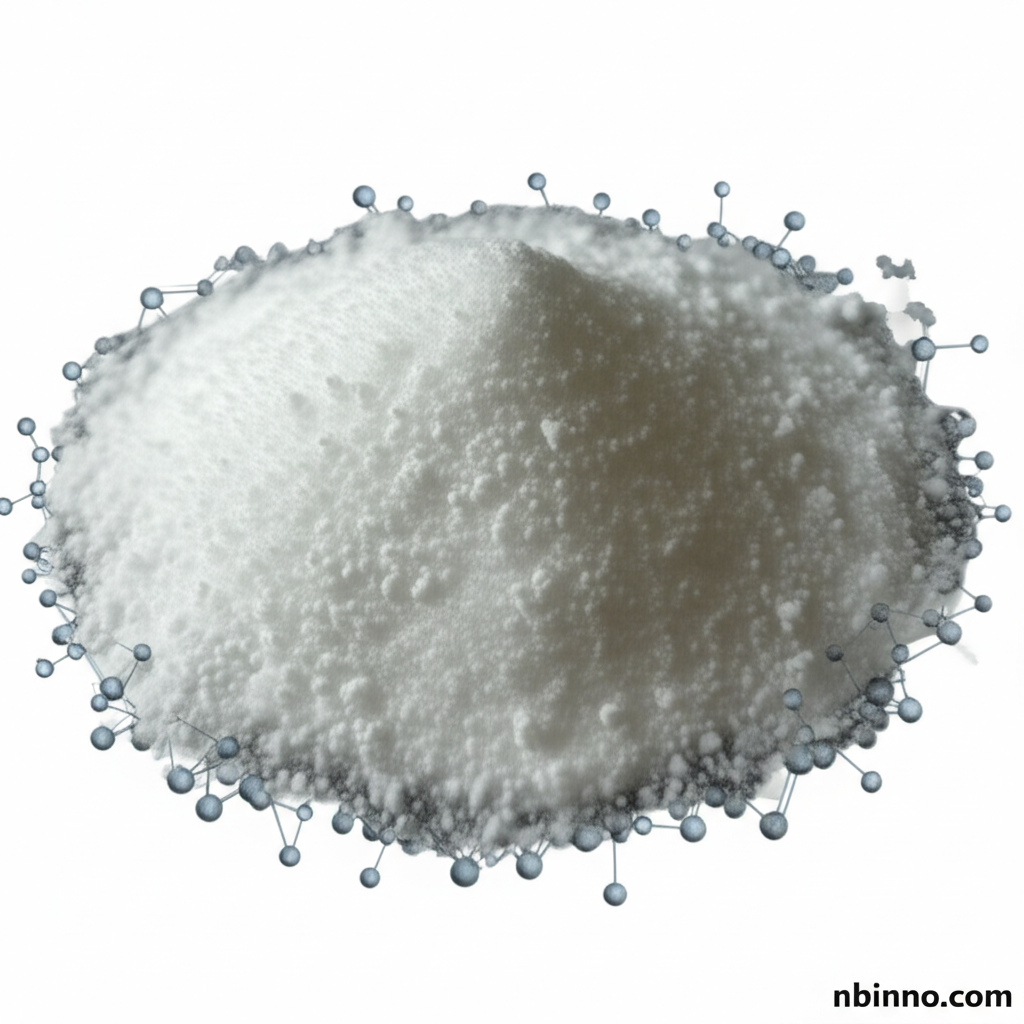Sodium Sulfate Decahydrate: Properties, Applications, and Industrial Significance
Explore the versatile uses and key characteristics of Sodium Sulfate Decahydrate (CAS 7727-73-3), a vital industrial chemical.
Get a Quote & SampleProduct Core Value

Sodium Sulfate Decahydrate
Sodium Sulfate Decahydrate, commonly known as Glauber's Salt, is an inorganic compound with significant industrial applications. It is characterized by its colorless crystalline powder appearance and odorless nature, with a slightly bitter taste. This compound is highly soluble in water and demonstrates a neutral pH in its aqueous solutions, making it a versatile chemical intermediate.
- Discover the extensive sodium sulfate decahydrate applications in various sectors, from household detergents to complex industrial processes.
- Understand the crucial role of glauber's salt properties in achieving desired outcomes in glassmaking and textile dyeing.
- Learn about the different industrial uses of sodium sulfate, including its function as a filler and leveling agent.
- Explore the details surrounding sodium sulfate decahydrate CAS 7727-73-3, including its chemical structure and important physical characteristics.
Key Advantages
Versatile Industrial Use
The extensive industrial uses of sodium sulfate range from acting as a primary ingredient in detergents to serving as a crucial component in the Kraft process for paper pulping.
Enhanced Dyeing Processes
In the textile industry, sodium sulfate is vital for its role in leveling, which helps dyes penetrate fabrics evenly, improving the quality of dyed materials.
Glass Manufacturing Essential
Sodium sulfate acts as a fining agent in glass production, crucial for removing air bubbles and ensuring clarity in the final glass products.
Key Applications
Detergent Manufacturing
As a filler in powdered detergents, sodium sulfate decahydrate contributes to the product's consistency and performance.
Glass Production
It serves as a fining agent, removing air bubbles from molten glass and improving the overall quality of glass products.
Textile Industry
Used as a leveling agent in dyeing, it ensures even dye penetration into fabrics, enhancing color consistency and vibrancy.
Chemical Synthesis
It's a key raw material for producing anhydrous sodium sulfate, sodium silicate, and other important chemical products.
